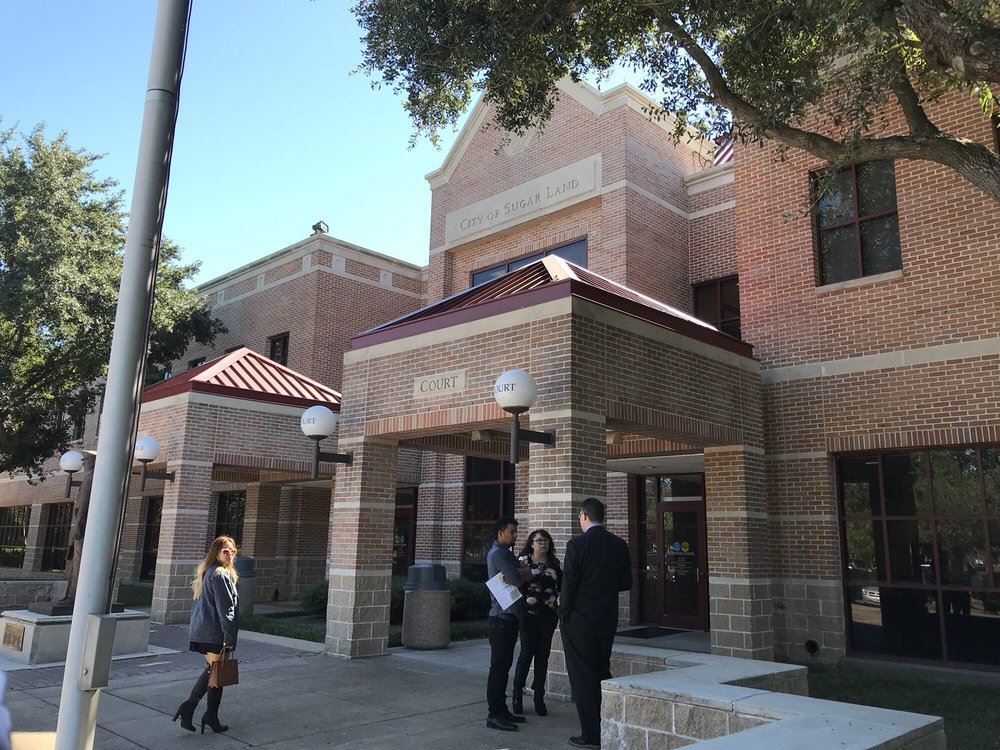4:00 PM (1.0 PDH)
 2020 TDI Windstorm Program Changes
2020 TDI Windstorm Program Changes
and Adoption of 2018 ICC Codes
Presented by Mr. Ken Sherman, P.E., with RCI Engineering Inc.
BIO: A licensed professional engineer in Texas, Ken Sherman is an Appointed Qualified Inspector (AQI) for the Texas Department of Insurance, a Special Inspector for the City of San Antonio, and President of RCI Engineering, Inc. He has over 25 years in refining and production of oil and gas in the regions of East Texas, Wyoming, Colorado, Alaska, West Texas, and New Mexico and more than 30 years in high-wind design and inspections of residential and commercial buildings along the Texas gulf coast. Mr. Sherman is a member of the FPA Structural Committee and the subcommittee for FPA-SC-23-HH, Crawl Spaces. Additionally, he is the co-author of FPA-SC-21- 0, Quality Control Checklists for Windstorm Design and Construction Reviews of Building.
ABSTRACT: In 2020, the Texas Department of Insurance adopted the 2018 editions of the ICC codes, the ASCE 7-16, and made changes to the windstorm program. The adoption of the 2018 codes has significant impacts on the determination of wind speeds and wind loads versus the previously used 2006 ICC codes. Some of the code items of interest to TDI are foundation design requirements, decks, roofing, windborne debris protection, and construction documents. The TDI changes in the Windstorm Inspections program are in regard to their forms, the entry of information through the AQI’s dashboard, inspection documentation, use of LRFD loads vs. ASD, and other subjects. These code and program changes are of interest to building design engineers and to windstorm engineers since they impact the building designs that will be acceptable to TDI for issuance of the Form WPI-8, Certificate of Compliance.
5:00 PM (1.0 PDH)
 Geoforensic Study of a Two-Story Building in Sugar Land, Texas
Geoforensic Study of a Two-Story Building in Sugar Land, Texas
Presented by Dr. John Wang, Ph.D., with Geotech Engineering and Testing
BIO: Dr. John Wang is a project manager at Geotech Engineering and Testing (GET) with the responsibility for daily operations of geoforensic and geotechnical explorations, data analyses and preparation of report recommendations. He has several years of experience in the fields of geoforensic, geotechnical, environmental, and materials engineering and has been involved in geoforensic studies as they relate to commercial structures, residential structures, slope failures, pavements, retaining walls, sewer leaks, and plumbing leaks. Dr. Wang has been involved in research and development in the field of soils, rock materials testing for slopes, retaining walls, pavements, low- to high-rise buildings, slope protection remedial works, deep foundations, flood control channels, community centers, office buildings, and subdivisions. Additionally, his research and development experience covers the field of unsaturated soil mechanics for expansive soils, and he is actively involved in environmental site assessment projects, including Phase I and Phase II Environmental Site Assessment Studies. Dr. Wang received his B.S.C.E. from theUniversity of Mount Union in Alliance, Ohio, and his Ph.D in Civil Engineering from the University of Texas at Arlington.
ABSTRACT: The Sugar Land Police Department/Court Building in Sugar Land, Texas, was built in 1996 and wings were added in 2004. This two-story building with a steel frame and brick veneer has experienced foundation and structural movements, resulting in cracks and separations in the wall, sheetrock, tiles and floor slabs. The building is supported by a spread footing type foundation in highly expansive soils. A study was conducted to identify the causes of foundation movements and recommend repair techniques that would reduce future movement and cracking of the structure.